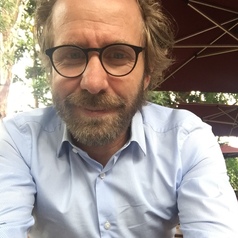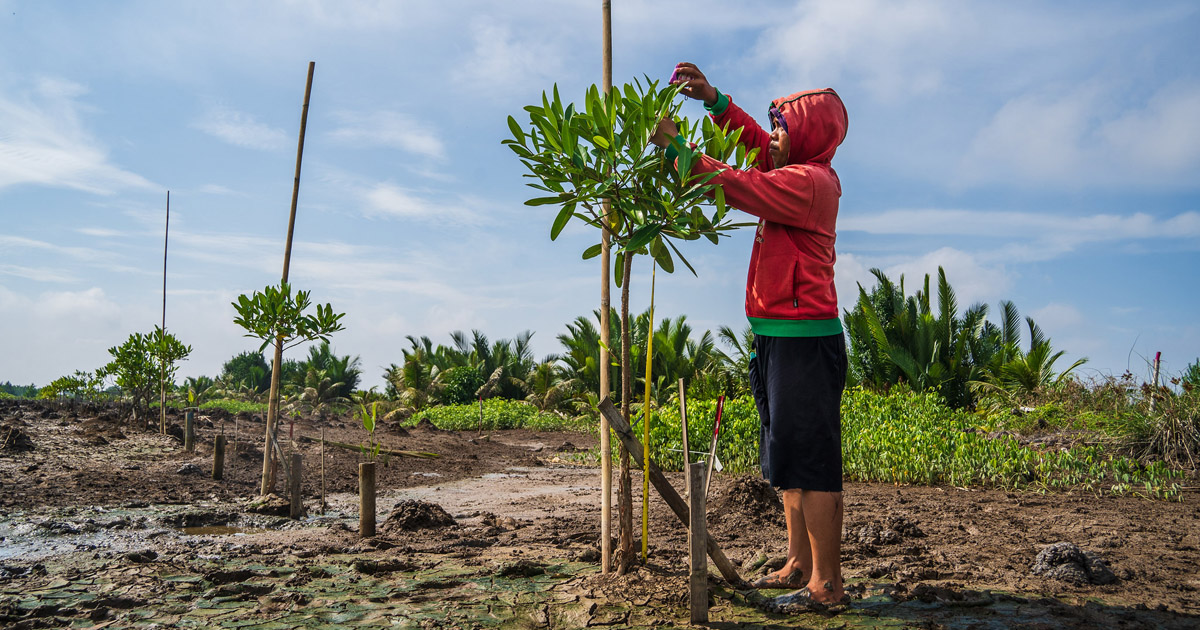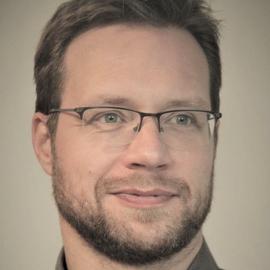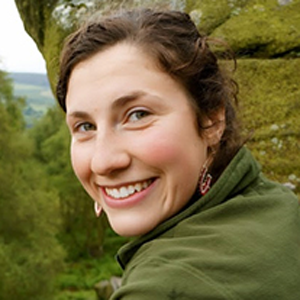Trees, people and choices in fragile situations
The panelists will share insights and examples on how decision-making processes interact with trees as nature-based solutions for enhancing and building resilience in fragile situations. The complexity of decision-making processes at multiple levels results in high uncertainty of scaling local solutions. The challenge is to understand these processes to be able to design and co-develop impactful offerings to people amid uncertainty and risks. The panel will focus on the importance of generating evidence around decision-making to inform strategic choices of governments, humanitarian agencies, and communities. Together with the audience, the panel will identify the most pressing knowledge gaps and explore future research needs to ensure the best possible choice during tree-based resilience-building in fragile situations.
- Kai Mausch: Why aspirations should guide resilience building
- Eike Luedeling: Key decision factors in adoption - what really matters
- Mary Crossland: Getting prepared: Intrahousehold decision making and ecological farming
- Alex Awiti: Agroecology: Decision-making when confronting conflict and disasters
- Michael Hauser: Purpose and choices in resilience partnerships


















